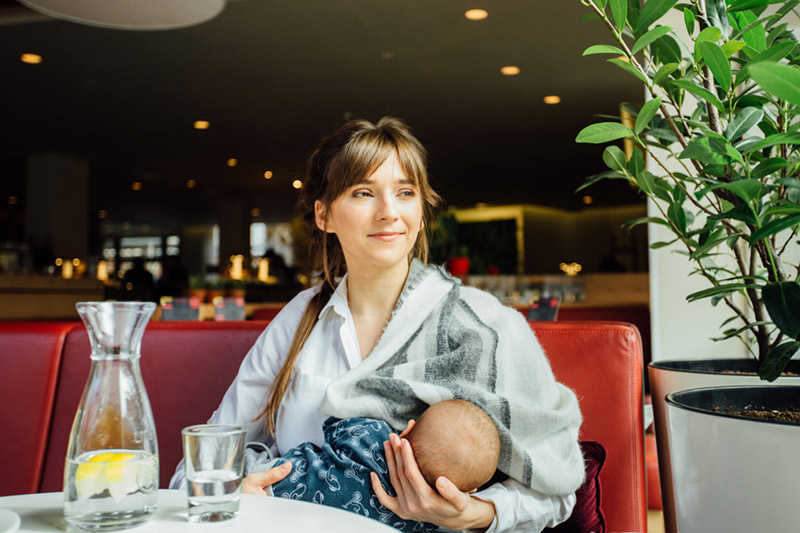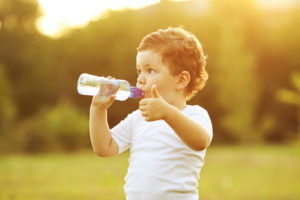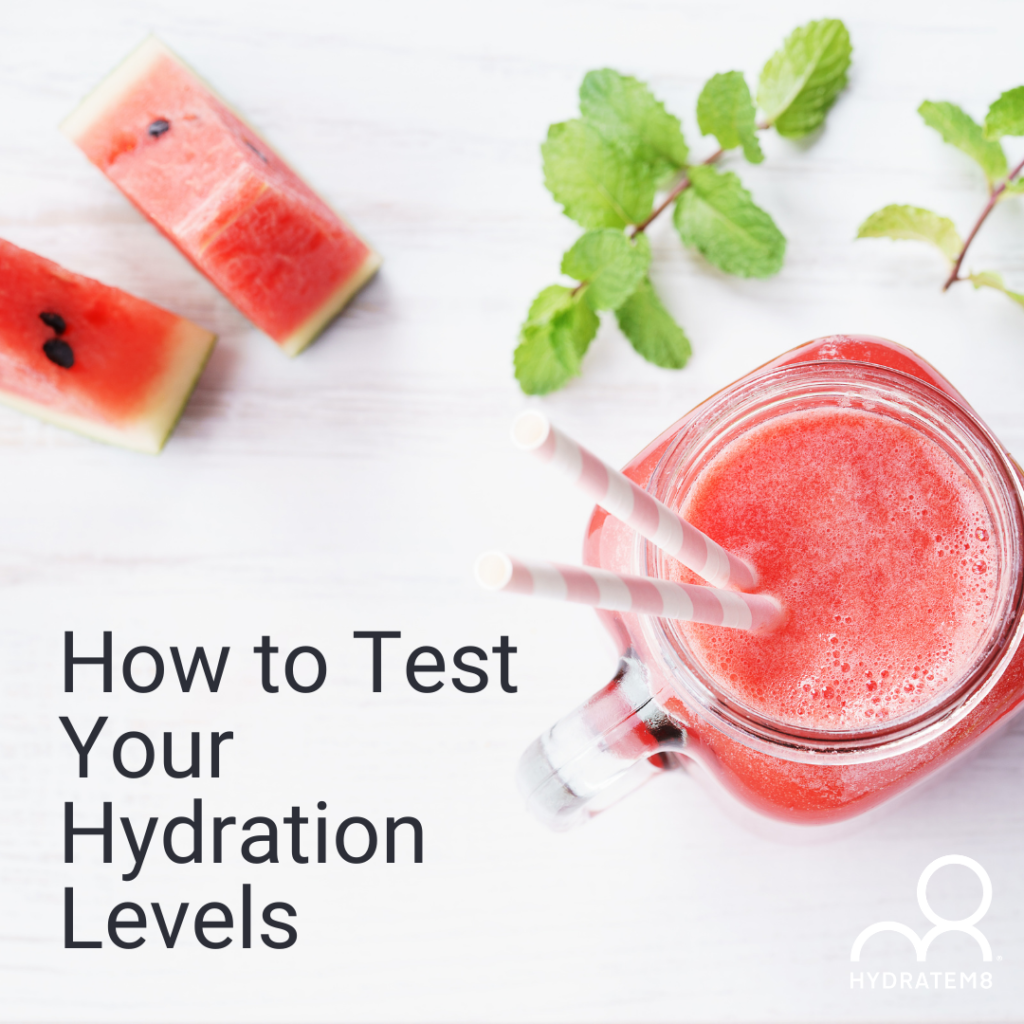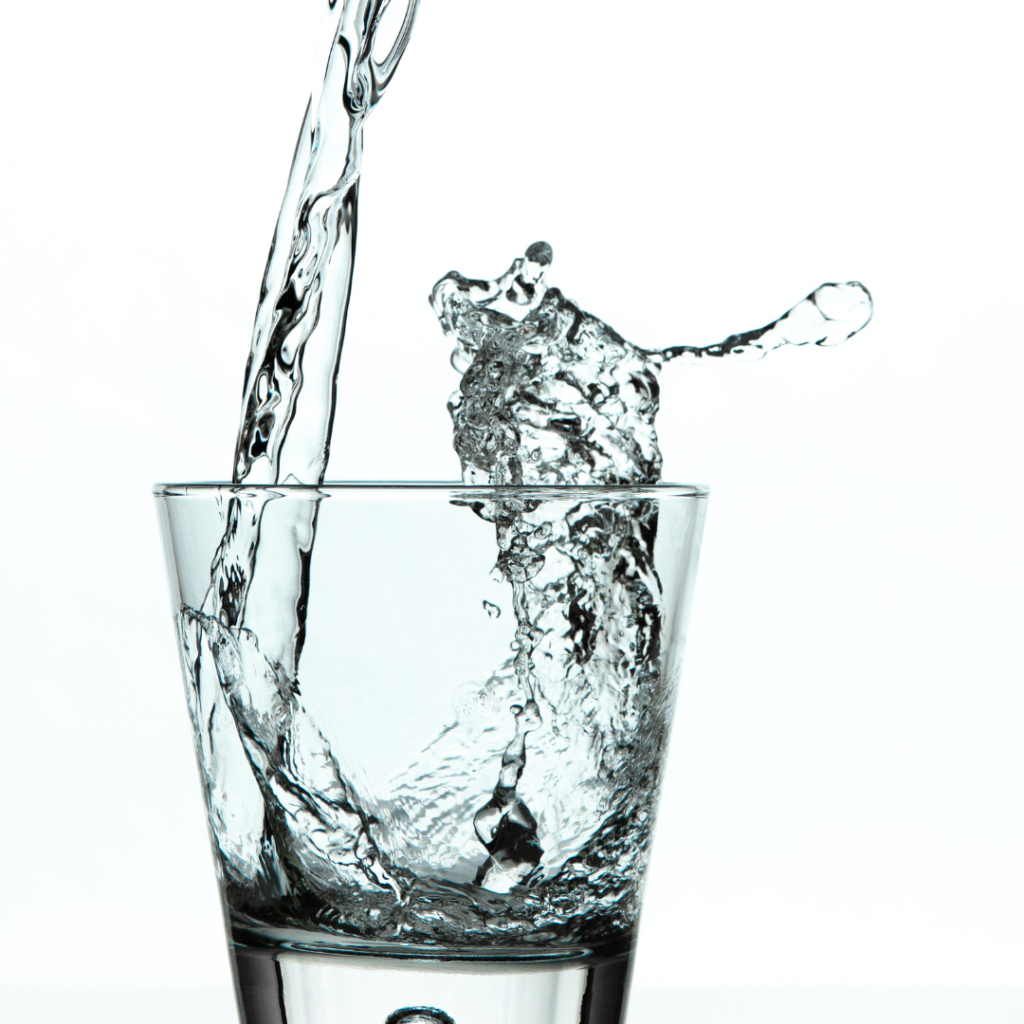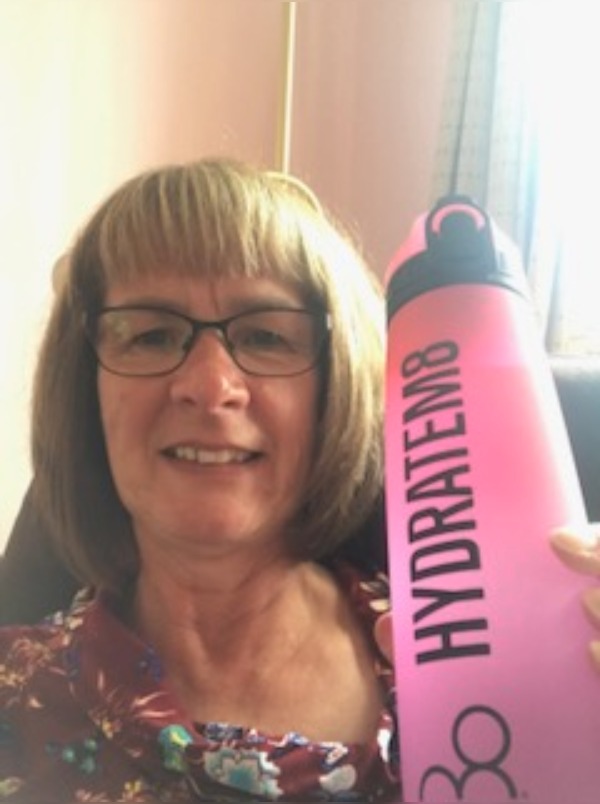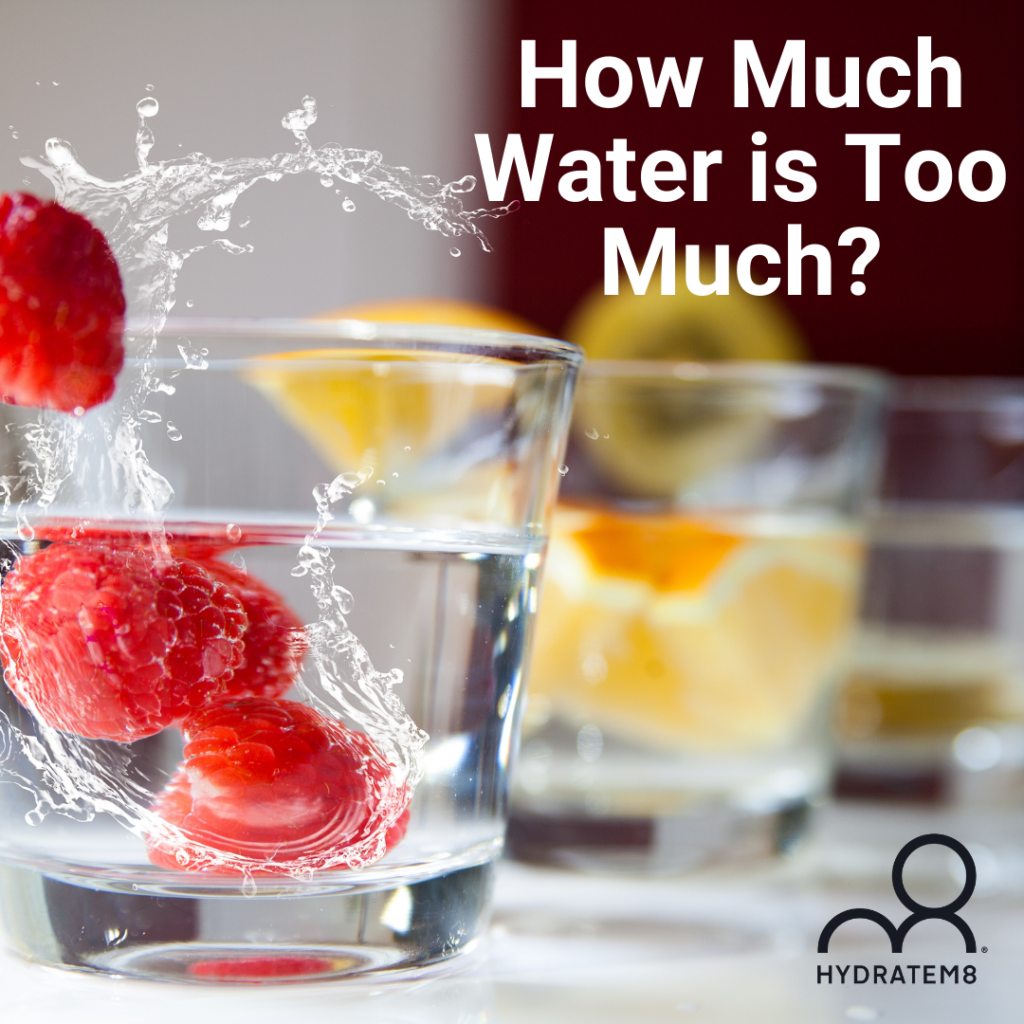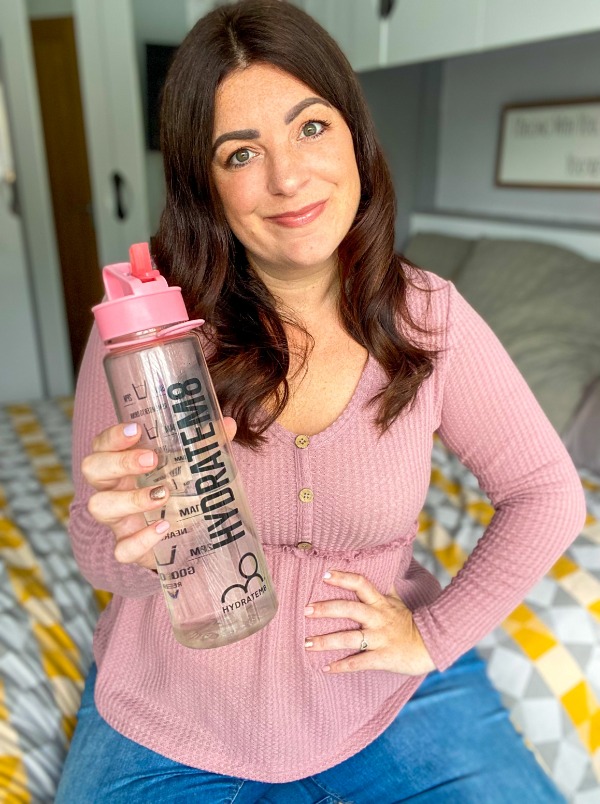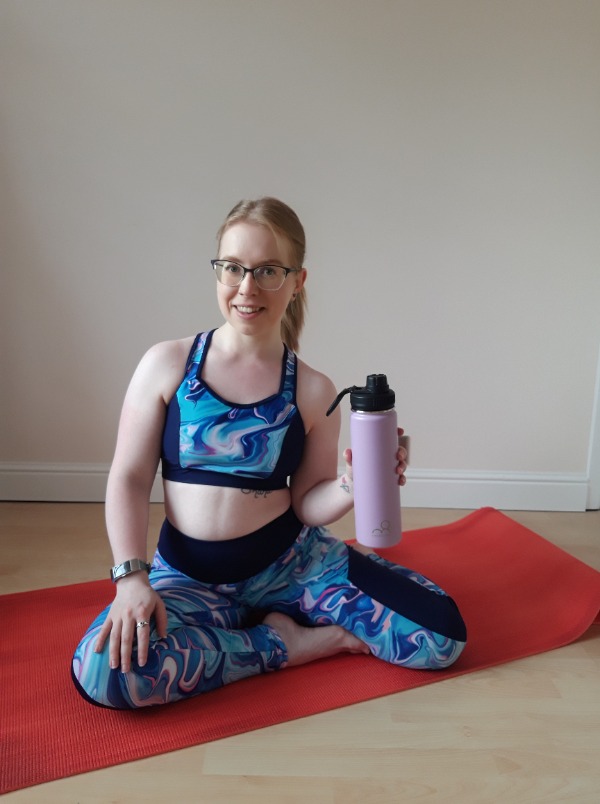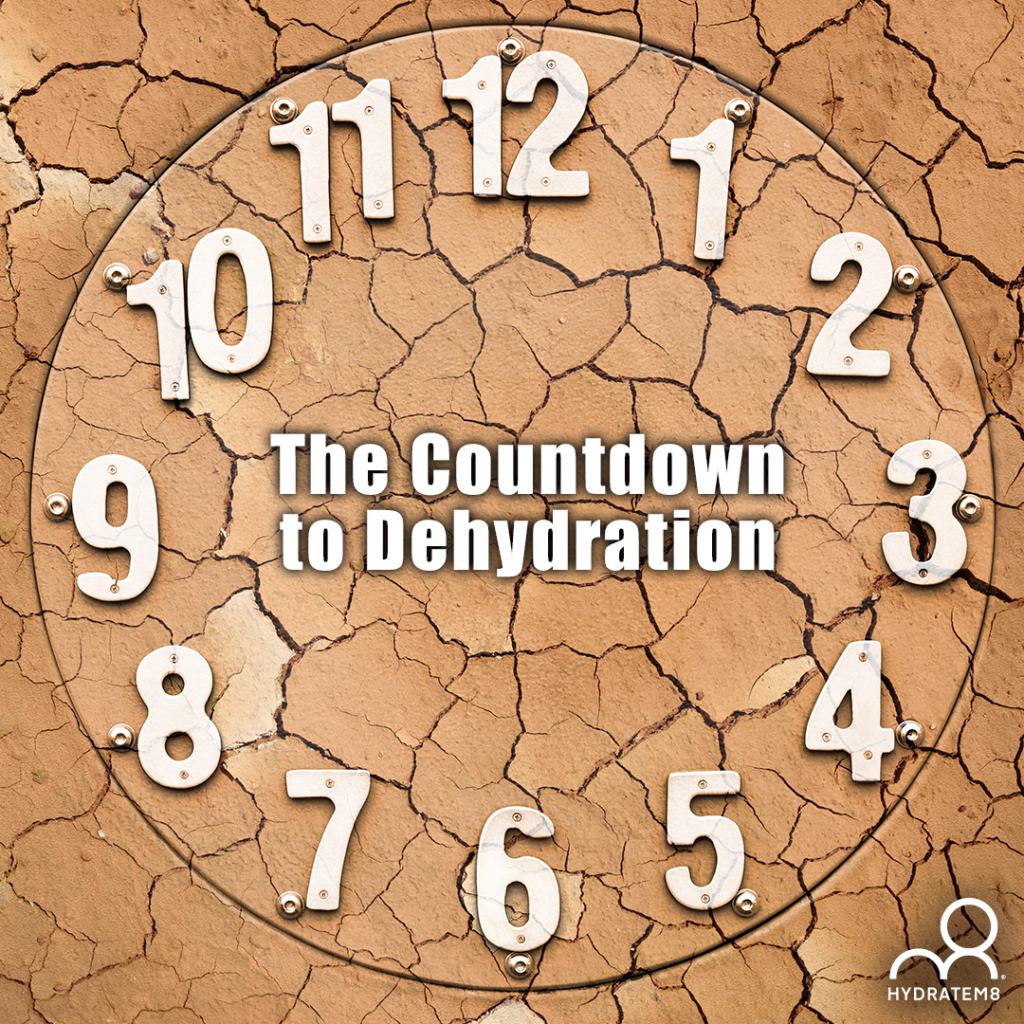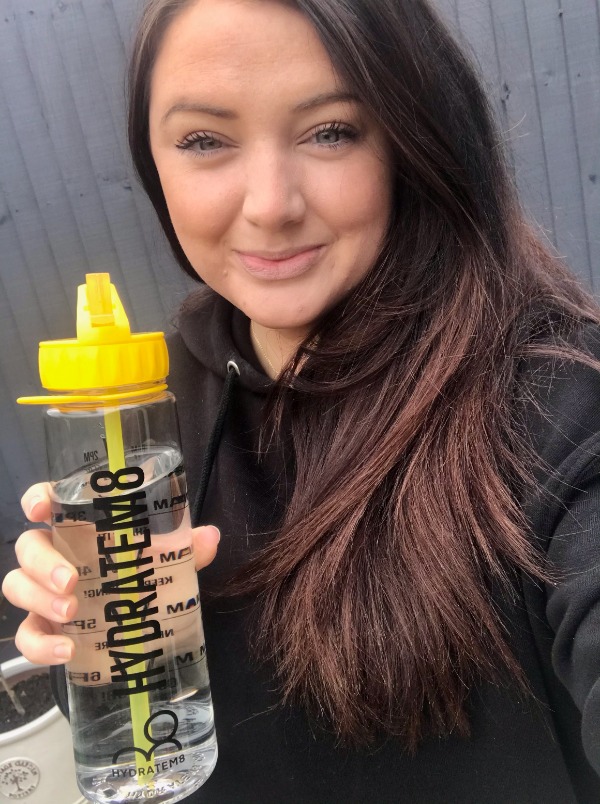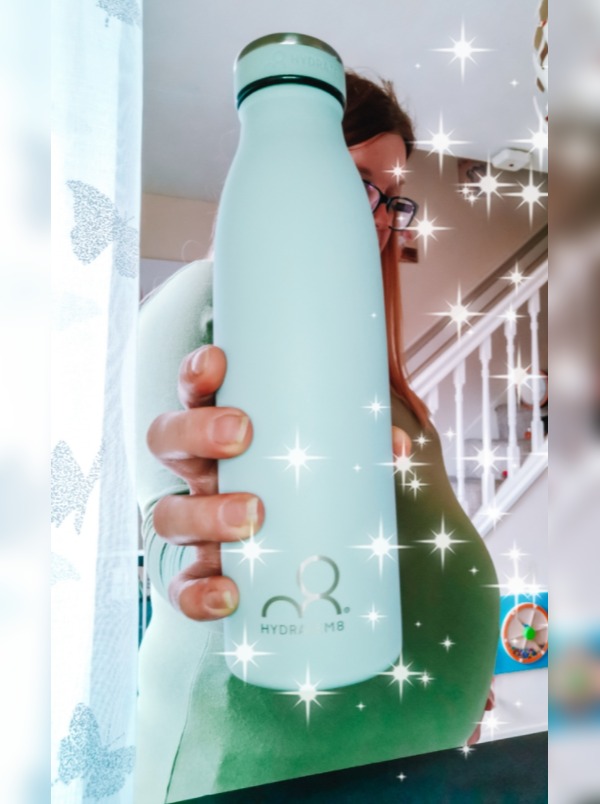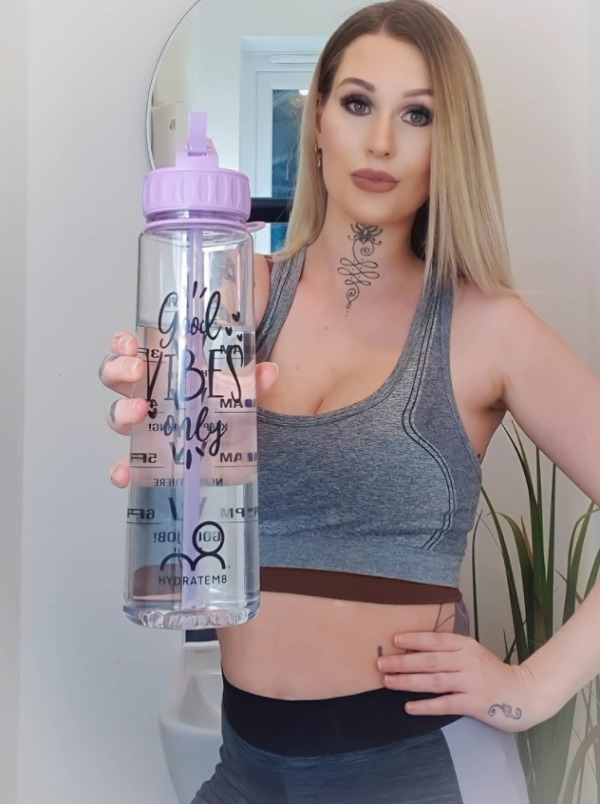Mums to be will certainly know the importance of a healthy diet whilst pregnant and also making the right choice of healthy foods and the right balance. Equally as important once baby says ‘hello’ to the world, is to continue making healthy choices and to lose any excess ‘baby fat’ through eating the right foods and taking moderate exercise. During pregnancy, your little treasure will be sapping you dry of as many nutrients that they can glean, and this will continue during those early stages of breastfeeding. But have you forgotten something?
It seems astonishing that many people actually forget to hydrate! Adequate hydration during pregnancy and then consequently during those early months of breastfeeding is essential, and potentially critical for your health and your baby’s health. By hydration we do mean in general, good clean water. Avoid sugary drinks and overdosing on coffee or tea, as these contain stimulants such as caffeine. It is also advisable to avoid any ‘miracle’ teas and coffees that claim to help you lose weight fast – some of these will have dubious ingredients, which will do neither you or the baby any good at all.
How can I stay hydrated whilst breastfeeding?
It is really quite simple. Breastfeeding mums need to drink around 10 glasses of water a day. Whilst this does not increase milk production, it will prevent a decrease and a potential ‘dry up’ of breast milk available. If you want to produce adequate breast milk for your baby (average production is around 25-29fl.oz/750-850ml) you must hydrate regularly throughout the day – after all, babies can drink your milk up to 10 times per day and in some cases, more (perish the thought!). This can sap your energy, give you headaches, fatigue, possible dizziness and ‘baby brain’, where you cannot think straight and everything becomes cloudy – not a good situation when in charge of a little one.
A good guideline to follow is:
| Waking up | Equivalent of 1 glass water (8-10fl.oz/240-300ml) |
| Mid to late Morning | 2 glasses (16-20fl.oz/480-600ml) |
| Lunch | 2 glasses (16-20fl.oz/480-600ml) |
| Afternoon | 1 glass (8-10fl.oz/240-300ml) |
| Dinner | 2 glasses (16-20fl.oz/480-600ml) |
| Before bed/during night | 2 glasses (16-20fl.oz/480-600ml) |
Whilst drinking adequate amounts of water is important, don’t forget that you can glean up to 20% of your essential water intake by eating fruits and vegetables with a high hydration content – these include foods such as spinach, broccoli, cucumber, watermelon and tomatoes. Foods such as these contain between 90-95% water and they are pretty healthy too.
How do I know if I am dehydrated?
Apart from the usual symptoms such as dry mouth, (you may not even feel thirsty but that doesn’t necessarily mean you don’t need hydration), check the colour of your urine. Unless you are on any form of medication or supplements such as iron or any other folate, your urine should be a light straw colour. Any deeper than that, you are on your way to dehydration, and need to remedy this with water or hydrating foods, pretty quickly. As a really good guideline, check out our ‘pee chart’ – it really is helpful. The best way to avoid any dehydration is to drink regularly, whether you feel thirsty or not. Our regularly marked Hydratem8 water bottle can help you with this – keep it by your side or somewhere you can see it to remind you, and follow the markings.
Water is the most natural source for hydration. You need to keep the level of fluids in your body up to maximum, as baby will be drawing on this, and you will lose fluids through natural bodily functions (urinating, defecating and sweating, even breathing cold air if you are breastfeeding during the cold months of the year and out for a brisk walk).
Finally, please keep a check on baby too. Whilst babies up to the age of 6 months do not need water if they are getting adequate milk supply from you, after this age, you should start to feed your baby water in between he or she taking milk from you, particularly if they have a stomach infection or are vomiting regularly. This obviously applies to you too!
Take care and have happy times with your baby and remember to hydrate regularly.

